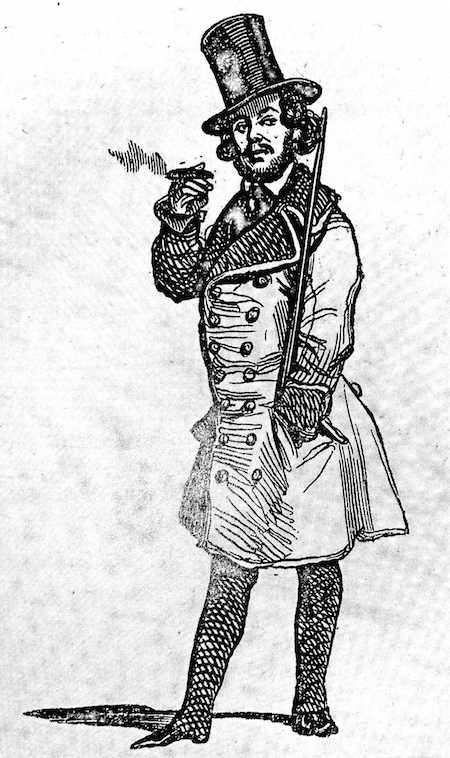
Psychogeography is the study of the relationship between our mental states and the urban environment. It is a relatively new field of study, but it has its roots in the work of the Situationist International, a group of avant-garde artists and philosophers who explored the ways in which our surroundings can shape our thoughts and behaviors.
Psychogeography is based on the idea that the urban environment is not a neutral space, but rather a place that is full of meaning and symbolism. The way we experience a city or town is influenced by our personal history, our cultural background, and our emotional state.
There are many different ways to study psychogeography. Some people use walking as a way to explore the city, paying attention to the sights, sounds, and smells of their surroundings. Others use maps or photographs to document their experiences. Still others use writing or art to express their thoughts and feelings about the urban environment.
Psychogeography can be a valuable tool for understanding the ways in which we interact with our surroundings. It can also be a creative way to explore the city and to find new ways of seeing the world.
Here are some of the key concepts in psychogeography:
- Dérive: A dérive is a journey through the city that is not guided by any particular destination. The goal of a dérive is to explore the city in a non-linear way and to pay attention to the details of the urban environment.
- The psychogeographic map: A psychogeographic map is a map that is not based on physical geography, but rather on the emotional and psychological geography of the city. The psychogeographic map is a way of representing the city as it is experienced by the individual.
- The flaneur: The flaneur is a figure who wanders the city aimlessly, observing the people and places around them. The flaneur is a symbol of the psychogeographer, who is also interested in exploring the city in a non-linear way.
- The Situationists: The Situationist International was a group of avant-garde artists and philosophers who explored the relationship between our mental states and the urban environment. The Situationists developed a number of concepts that are still used in psychogeography, such as the dérive and the psychogeographic map.
Psychogeography is a complex and evolving field of study. There is no single definition of psychogeography, and there is no single approach to the study of psychogeography. However, psychogeography is an important field of study, as it can help us to understand the ways in which we interact with our surroundings and to find new ways of seeing the world.
Comments